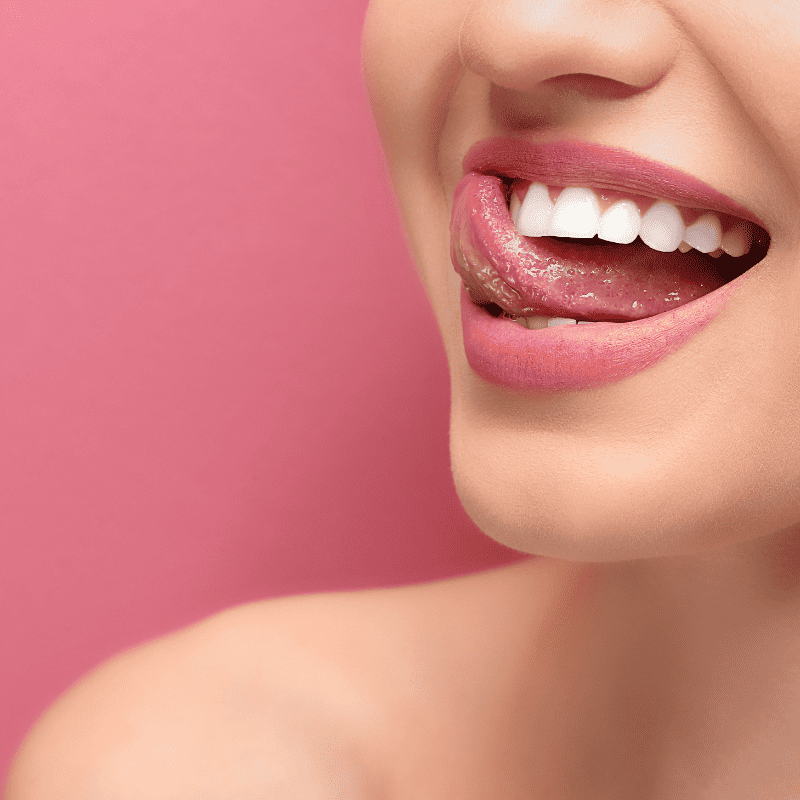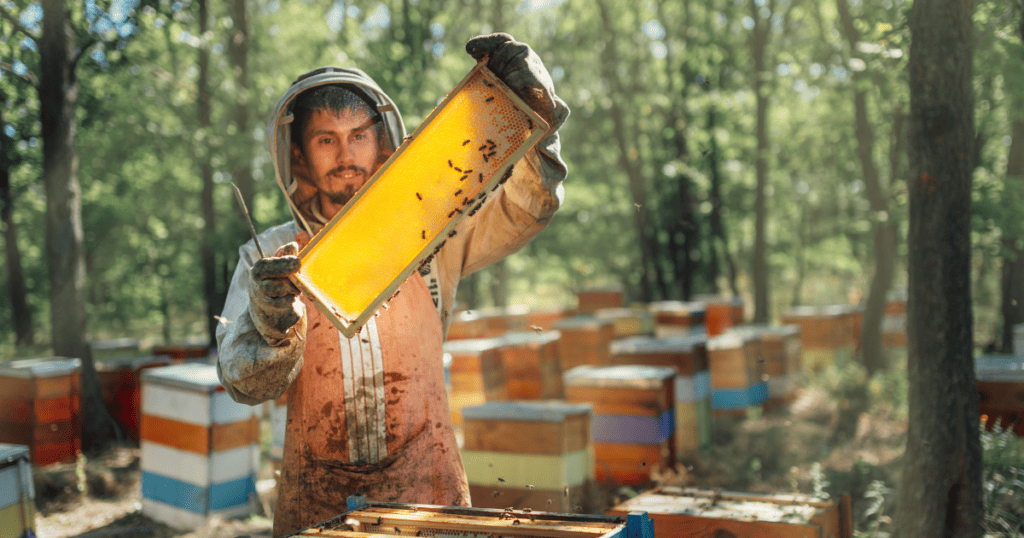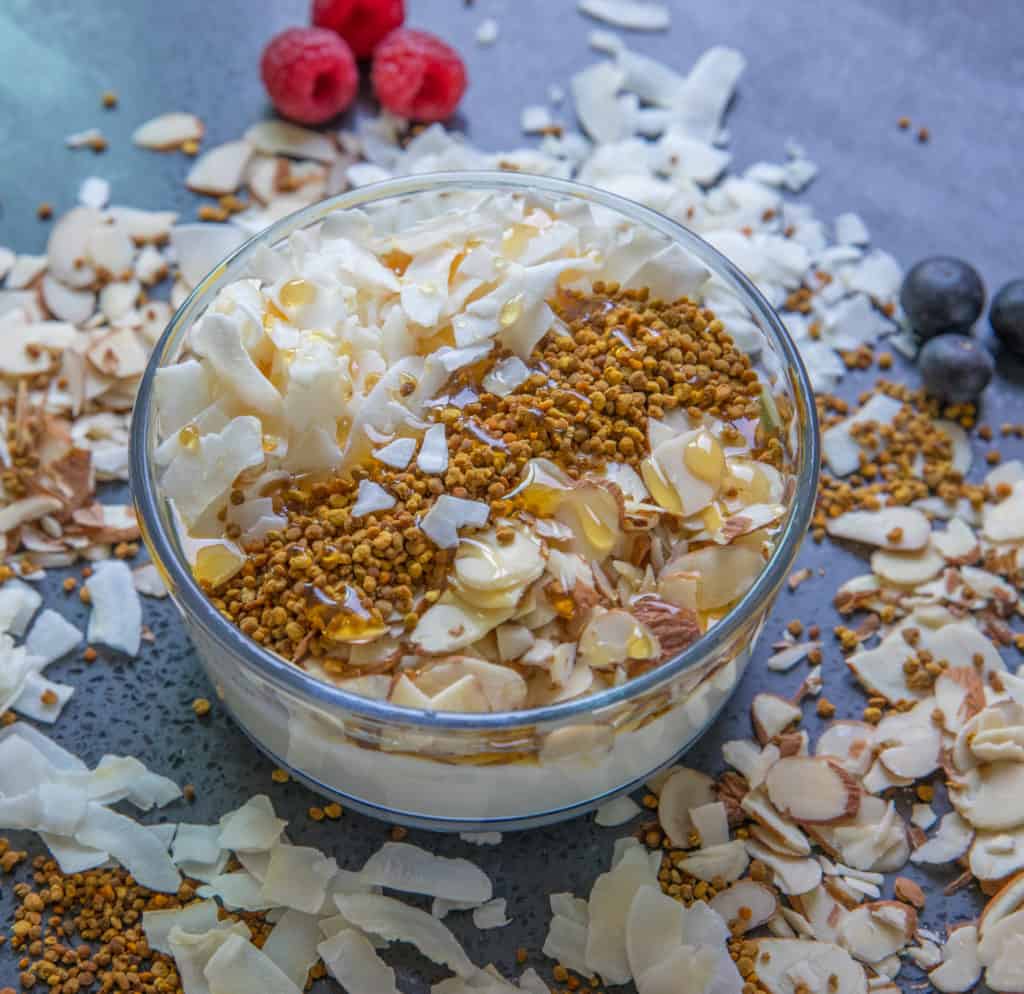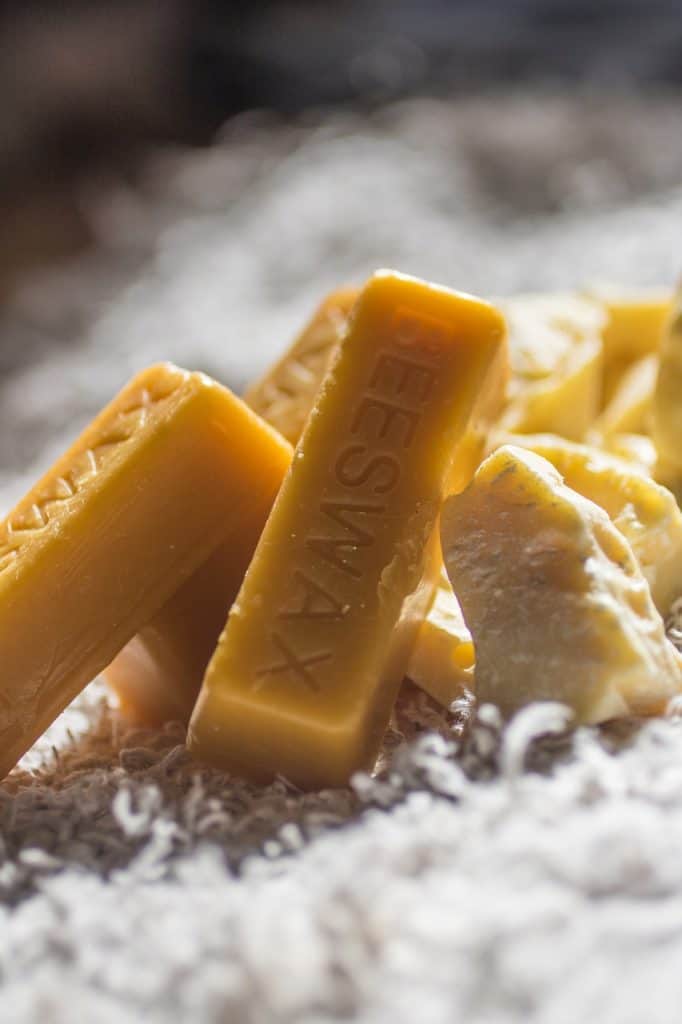Bee pollen is an excellent source of nutrients for humans and for pets like dogs, birds, bearded dragons, and lizards.
It can also provide health benefits like boosting the immune system and protecting against allergic reactions.
Here we will discuss all of this in detail.
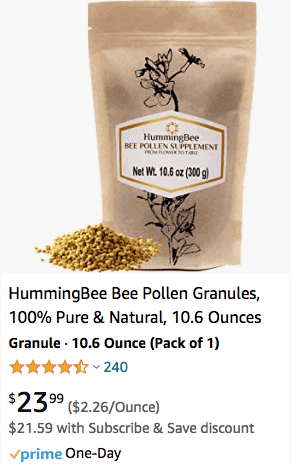
Bee pollen is not just for Bees.
This natural supplement can support the health of your dog and other pets.
Bee pollen has one of the most complete nutritional profiles; it is high in proteins, polyunsaturated fatty acids, omega-3 fatty acids, minerals, and carotenoids and contains 18 different antioxidants.
Bee pollen appears, based on scientific evidence, to have health benefits such as anti-inflammatory effects, boosting the immune system, and antioxidant properties, especially for helping to reduce allergy symptoms.
One of the antioxidants in bee pollen is called Myricetin, and one of the health benefits it provides is acting as a natural antihistamine because it counteracts the histamine produced during allergic reactions.
Benefits of Bee Pollen for Dogs
So, adding bee pollen to a dog’s diet will provide a lot of essential nutrients to support overall nutrition as it has an incredibly dense nutrient profile, and it also can provide amazing health benefits, boosting a healthy immune system and providing allergy protection.
Among the nutrients are essential fatty acids, free-form amino acids, and soluble and insoluble fiber. These will help keep a healthy body weight, a nice shiny coat, and a well-functioning digestive system and improve muscle mass.
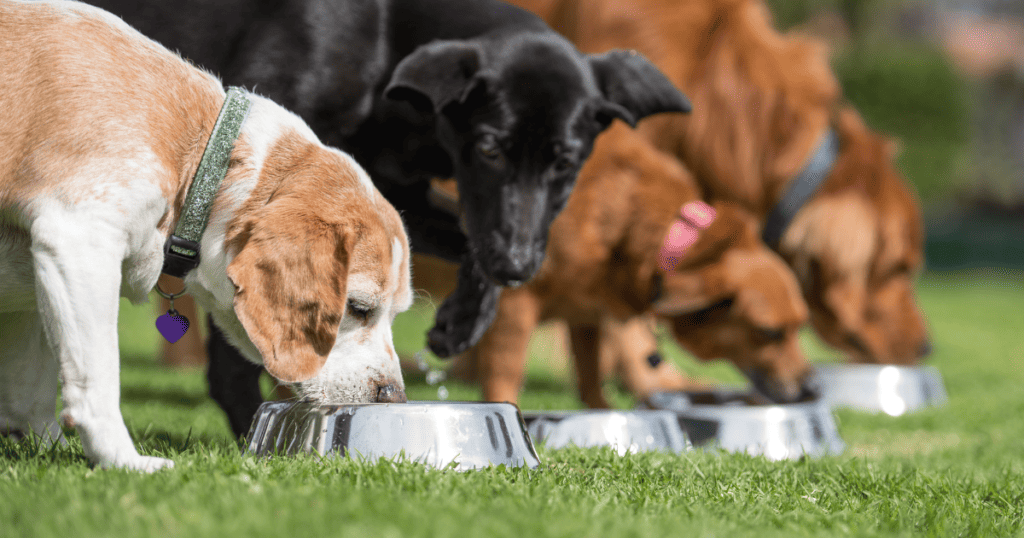
Is Organic Bee Pollen Necessary?
Organic bee pollen or local bee pollen is not necessary.
Worker bees usually collect flower pollen from plants that are not commercial crops and are not sprayed with chemicals.
So providing certified organic bee pollen to your dog’s diet does not provide any additional health benefit to your pet. Not to mention the additional cost of bee pollen with a USDA certification.
Concerning local bee pollen, there is the myth that only a local product will protect against allergic reactions. This is not true; any bee pollen has Myricetin, the antioxidant that helps reduce allergy symptoms by acting as a natural antihistamine.
There are variations in nutrient content depending on the geographical and botanical origin of the product. These variations are mainly in protein and fatty acids content.
How Much Bee Pollen to Give to Dogs
No dietary guidelines exist when including bee pollen in a dog’s diet.
So, if it is your first time giving dogs bee pollen, start with a little bit to see that your dog does not have an allergic reaction to the product.
If your dog does not have an allergic reaction and eats it with no problem, you can increase the dosage to about a spoonful a day for a large dog and a teaspoon for smaller breeds.
How often should I give my dog bee pollen?
You can give bee pollen to your dog daily. Sprinkle it over its food as a single dose or divide it how often you feed your pet throughout the day.
Can dogs eat human-grade bee pollen?
There is no such thing as human-grade or animal-grade bee pollen.
So, in that regard, all bee pollen is the same; nutrient density is another story. So, you can give your beloved pet our HummingBee Bee Pollen as it is very high in protein than other pollen types.
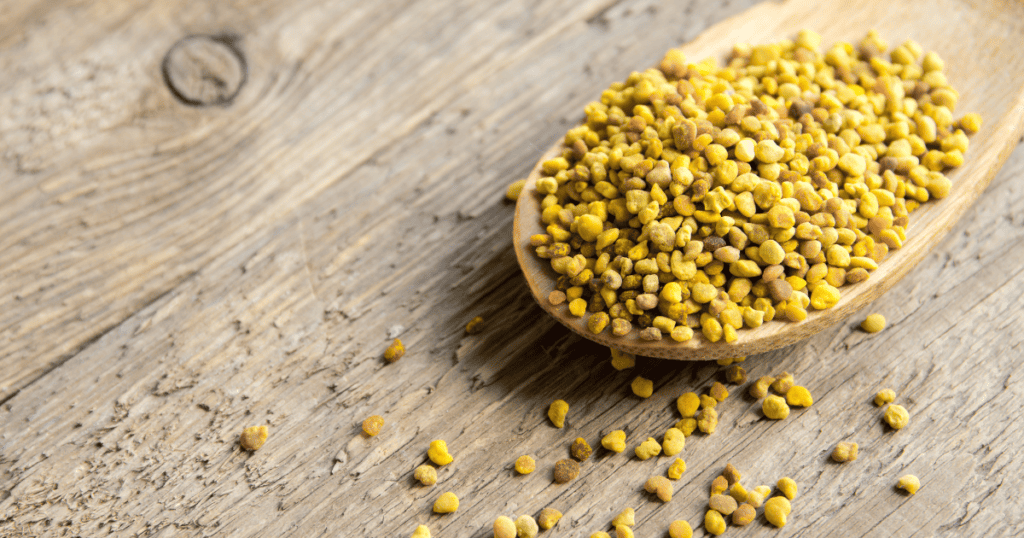
Does bee pollen protect against dogs´ allergic reactions?
As mentioned above, bee pollen consumed regularly helps reduce allergic reactions through its natural antihistamine, Myricetin.
However, you have to make sure, by progressively including it in your dog´s food, that the bee pollen itself does not trigger allergy symptoms in your beloved pet.
Are there any other health benefits of bee pollen for dogs?
Bee pollen has many potential health benefits that have been studied in research contexts. Most of the studies come from discovering bioactive substances in the pollen.
Many of these substances, most of them antioxidants, are already known to provide health benefits when consumed in foods and supplements.
Very few clinical studies in humans, let alone in dogs, provide evidence for preventing or treating illness.
So, it might help, through the presence of at least 18 different antioxidants, to support the immune system, a healthy urinary tract, a healthy liver, allergy relief, and aid in food digestion.

Does bee pollen have any side effects?
As previously discussed, bee pollen, or any other food, can trigger allergic reactions in sensitive organisms.
So, to preserve your pet’s health, start including bee pollen mixed with the dog´s food little by little and see if your dog has any allergy symptoms.
If your pet has any allergic reaction, suspend the product immediately; if there are no allergies, up the dose to about a spoonful daily.
Are other bee products safe for dogs?
Other bee products such as raw honey or manuka honey, propolis, and royal jelly have many bio compounds that can benefit humans.
However, those products have not been studied for pets, and until there is some evidence, it is not worth the risk as every animal species might react differently to different substances.
So better not to include other bee products in your pet’s food.
What about other health claims found on the internet?
Looking around the interwebs, you will find all sorts of health claims for humans and pets.
You will find that it improves blood flow, is a natural antibiotic, helps the nervous system or relieve stress, has anti-fungal or anti-viral properties, and so on.
All those claims are unsupported and non-scientific.
Chapped lips? Causes and treatments for dry, cracked lips.
What are sore chapped lips a symptom of? Severely chapped lips may have different causes….
Honeycomb, Can you Eat It?
Yeah! Raw honeycomb can be eaten. This post covers everything about how the honeycomb is…
HONEY, ALL ABOUT IT
A Bit of History Honey and other bee products such as beeswax, royal jelly, and…
Can Honey Go Bad?
Like any food, raw honey can go bad. However, raw honey has some fascinating properties…
Bee Pollen health benefits. Part 2.
So here we continue where we left off in Part 1 of Bee Pollen Health…
What is beeswax
We continue with the series of articles about bee products from glandular secretions; last time,…

